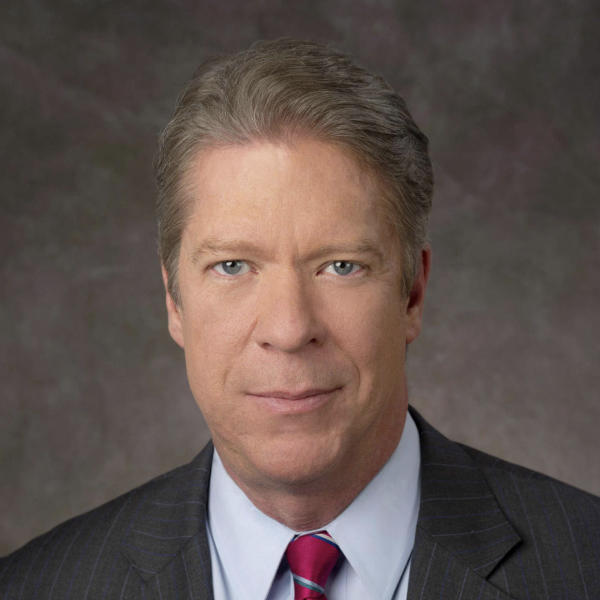White House under fire amid latest spying reports
The White House says President Obama didn't know the National Security Agency is engaged in eavesdropping on dozens of world leaders.
Administration officials tell The Wall Street Journal a White House review uncovered the operation this past summer.
The disclosures of U.S. spying are disrupting America's relations with some of its closest allies.
European nations -- chief among them Germany -- are furious about widespread U.S. surveillance at the highest levels of European governments.
This is not just a diplomatic tiff. It's a big argument. And wounded Europeans may use it to scuttle or re-negotiate an emerging trade deal with the U.S.
Speaking on "CBS This Morning" on Monday, CBS News senior correspondent John Miller, a former deputy director of national intelligence, outlined what the president receives in his daily briefing, which is based on U.S. intelligence.
"What you get in there is a lot of really good information that is meant to give American policy makers, starting with the president, what they call 'decision advantage' - which way are other people leaning, what are they thinking, what turmoil is going on inside their government," Miller said.
Miller said that other countries routinely conduct espionage but that "we happen to do it a little better."
U.S. spying has been a rude awakening for European nations who thought this president would be completely different than George W. Bush.
The Obama administration, like the Bush White House before it, spied on leaders of up to 35 foreign governments, according to The Wall Street Journal.
The White House isn't denying the charge -- saying only, "Today's world is highly interconnected, and the flow of large amounts of data is unprecedented."
The White House said all spying tactics are under review. Some have already been canceled, such as surveillance of German Chancellor Angela Merkel's personal cell phone.
That revelation has infuriated her and, the White House concedes, severely damaged U.S.-German relations.
A prominent German newspaper reported President Obama knew of the spying on Merkel since 2010.
The paper said Keith Alexander, head of the NSA, informed the president personally of the Merkel operation that year.
The administration denies that conversation took place.
The mess in Europe is now spilling into some quarters of Congress.
"I don't believe ever listening to a head of state of an ally would be appropriate," Rep. Rep. Darrell Issa, R-Calif, said on the CBS news program "Face the Nation" Sunday. "And I would hope, if it's happened, that the president is just as upset as all of us are in Congress."
France is also livid over disclosures that the NSA gathered 70 million French phone calls in one month this year.
But some lawmakers say Europe needs to grow up.
"If the French citizens knew exactly what that was about, they would be applauding and popping champagne corks," Rep. Mike Rogers, R-Mich., who chairs the House Intelligence Committee, remarked on CNN Sunday. "It's a good thing. It keeps the French safe. It keeps the U.S. safe.
To Merkel, the White House took the unusual step of promising it's over and will never happen again; she is the only world leader angered by the spying revelations to receive that promise.
In all cases, the U.S. intelligence community wants to maintain some ambiguity about spying.
European Union diplomats arrive in Washington today for talks with White House officials and others about new spying rules.
The U.S. doesn't spy on Great Britain, Australia, Canada or New Zealand. The Europeans want the same deal, and the talks this week are clearly heading in that direction.
